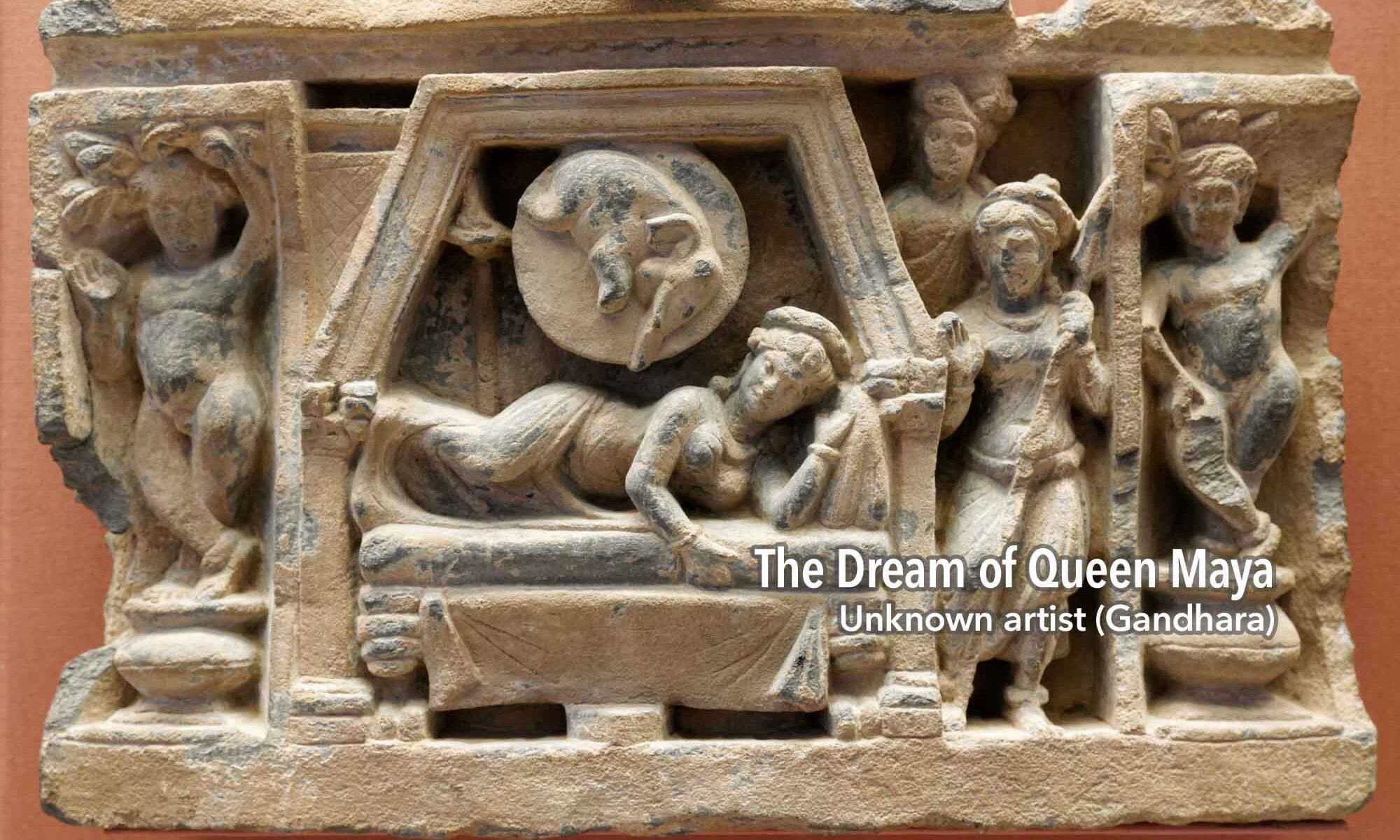 In recent weeks, many Americans have been dreaming about police, protestors, and frightening acts of violence and destruction. But the dreams differ dramatically in the focus of their anxiety and distress.
In recent weeks, many Americans have been dreaming about police, protestors, and frightening acts of violence and destruction. But the dreams differ dramatically in the focus of their anxiety and distress.
A new online survey from YouGov asked nearly 5,000 American adults about their dream recall, insomnia, attitudes toward the Black Lives Matter movement, and dreams of the recent protests against racial injustice. A detailed analysis of the survey is forthcoming, but the initial findings reveal a number of recurrent themes in people’s dreams about the ongoing protests across the country.
Police aggression. One of the most vivid themes involved people being hassled, assaulted, or shot by the police:
“Bad interaction with a cop”
“Bad dreams about being stopped by police. None of the dreams end well”
“I have a 25 year son I sometimes dream I get the call he was shot by the police.”
“I was in a peaceful protest and the police attacked us. I was shot in the leg.”
“I dreamt I was shot by the police”
“I was at a protest like the one i really attended but when the cops threw the gas i wasn’t prepared like i was in real life and it hurt so bad and i fell and they arrested me. i was crying and asking them what i did but they wouldn’t listen”
Images of George Floyd. His horrific death on May 25th echoes through many people’s dreams:
“I dream about how that poor man was killed it hurts me to have seen that video that poor father”
“I keep replaying the guy dying and saying ‘I can’t breathe, Momma.’”
“it could have just have as easily been me”
“I keep having the death of George Floyd.”
Threats to home. For several people, their greatest concern is an attack on their family residence by looters and rioters:
“protesters coming to burn our home down”
“I’ve had dreams my home is broken into and myself and my family were hurt by others. I woke up and was in a funk for the rest of the week. I refuse to watch the news now a days.”
“It involved me beating up rioters and looters to protect my family”
“I dreamed rioters were shooting at my home.”
“Defending my home and family”
Merging the protests and the pandemic. Some people had nightmares about the convergence of the public protests with the COVID-19 outbreak:
“I was missing a mask and terrified of being near people. But people kept getting close and everyone was marching and everyone was happy and I was trying to act happy too and not let on how scared I was.”
“Was attending a protest with friends in the dream and no one was wearing face masks, and it was a stressful dream because no one was listening to me about the importance of our face masks during the protest!”
If you, or anyone you know, have dreams like these, here are a couple of suggestions.
Be careful about your media consumption. It doesn’t help anyone if you become overwhelmed and paralyzed by mental distress.
Be careful, too, about hasty interpretations. Every dream has multiple meanings, some of which take time and reflection to recognize. It’s always worth considering the possibility of both literal and symbolic meanings. For instance, dreaming of an attack on your home might reflect an actual physical danger to your house, and/or it might reflect a different kind of challenge to the comfort and familiarity of your life, symbolized by your home. Dreams don’t solve our problems, but they do give us emotionally honest portraits of what those problems are and where we need to direct more conscious attention and effort towards change.
The reports above included no further comments or associations, so we cannot be sure what exactly the dreams mean to the dreamer. But we do know, thanks to Charlotte Beradt’s 1966 book The Third Reich of Dreams, along with the research of other historians and anthropologists, that whatever else they might mean for the individual, dreams can provide powerful, accurate, and critically insightful visions of social reality. Especially in times of community crisis, conflict, and trauma, dreams offer a valuable source of collective awareness.
Note: The responses and dream reports from this survey will be available soon in the Sleep and Dream Database, an open-access digital archive for empirical dream research.
All figures, unless otherwise stated, are from YouGov Plc. Total sample size was 4,947 adults. Fieldwork was undertaken between 15th – 19th June 2020. The survey was carried out online. The figures have been weighted and are representative of all US adults (aged 18+).
This post first appeared in Psychology Today on June 25, 2020.
